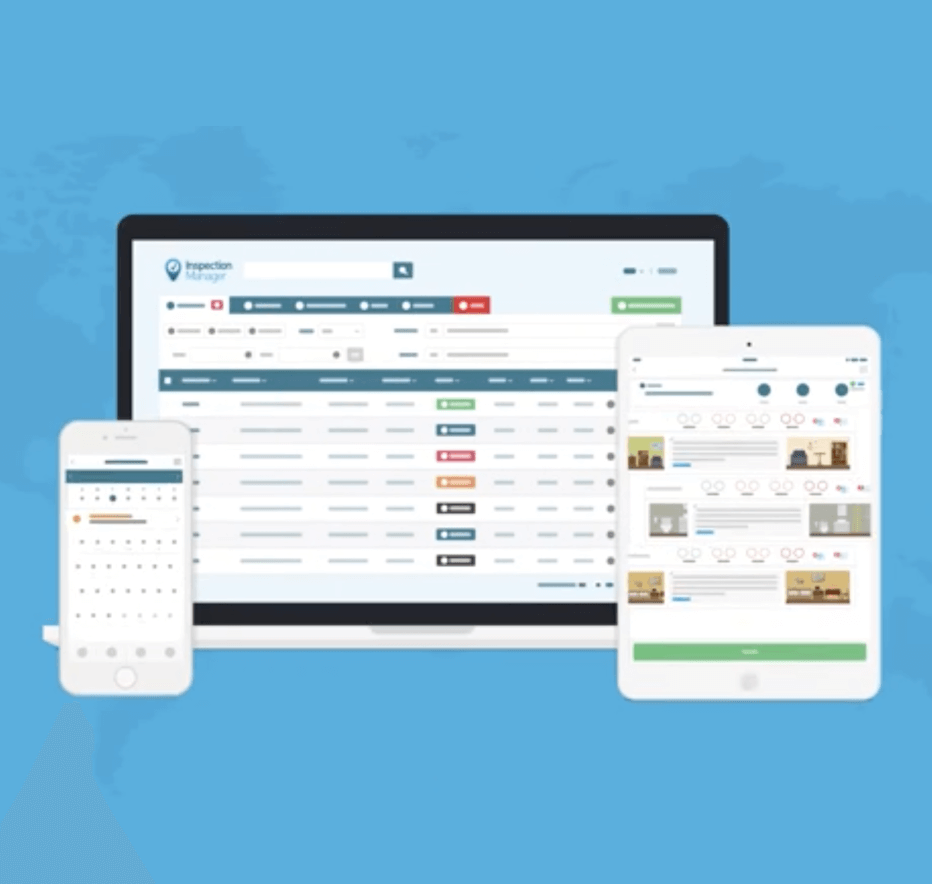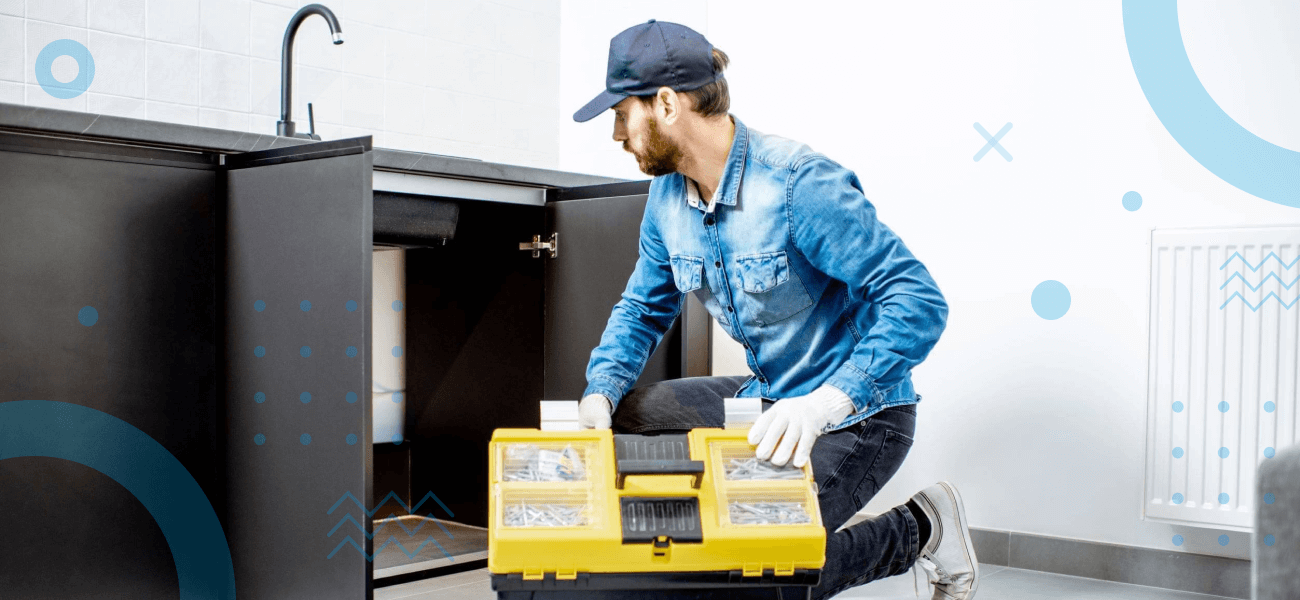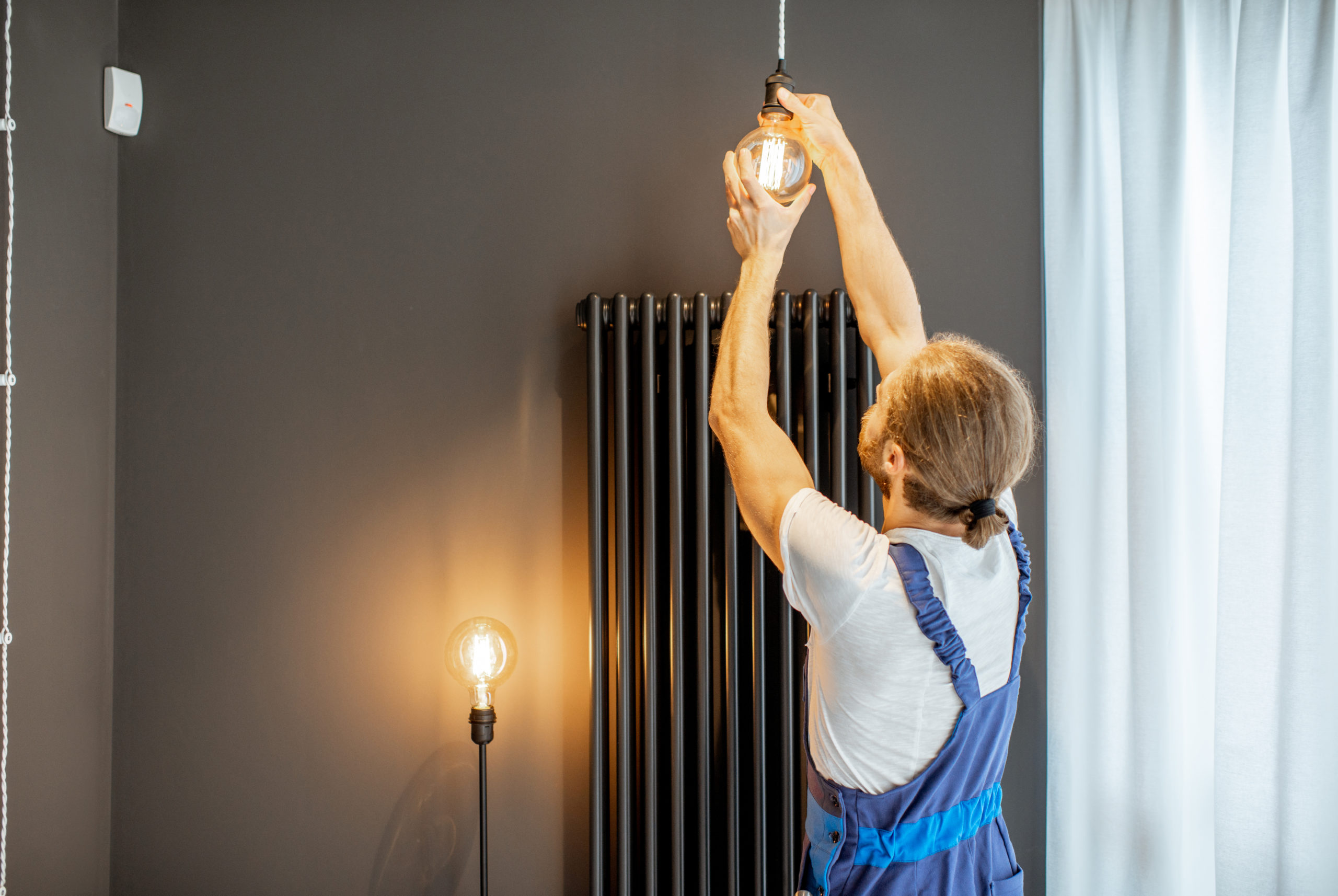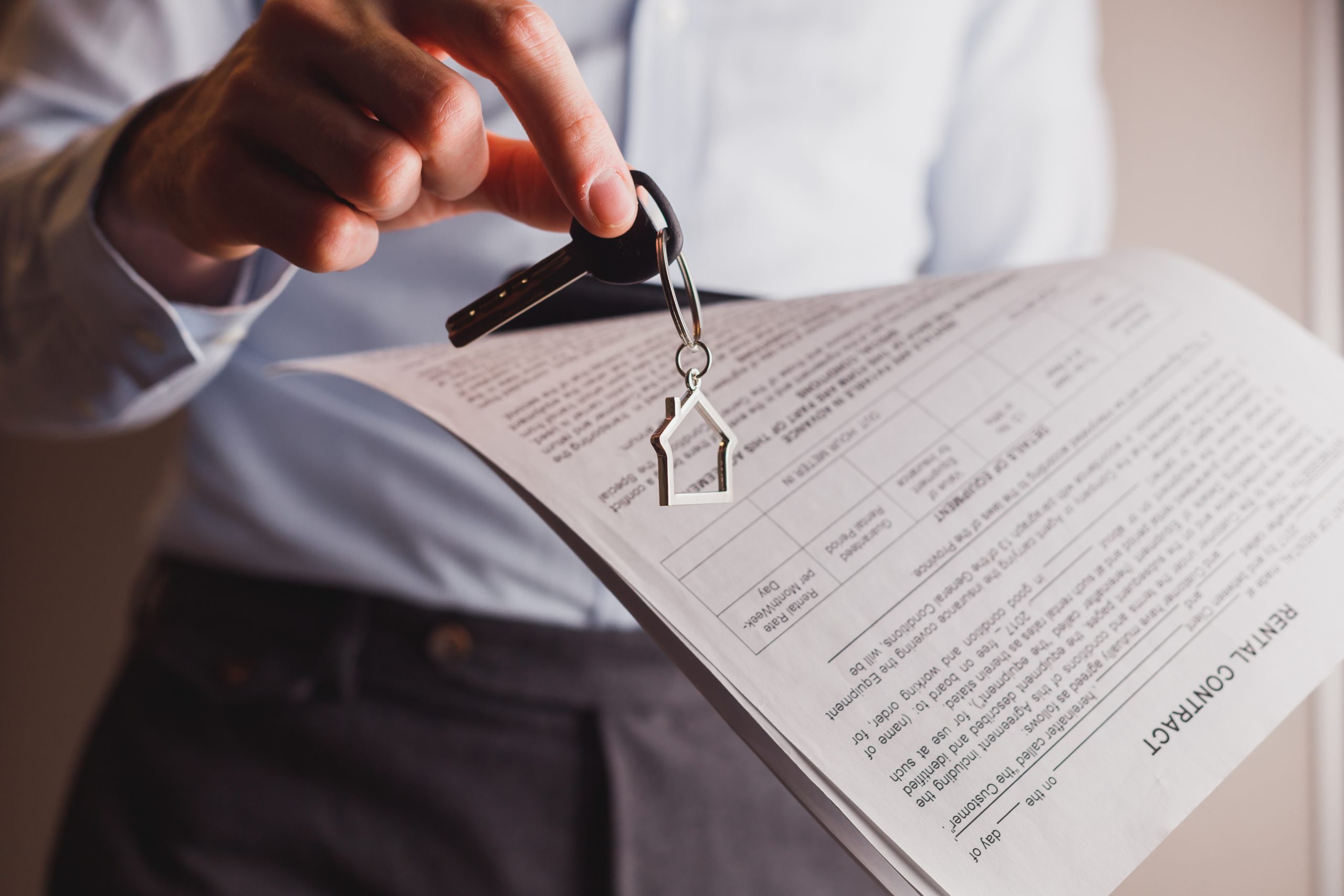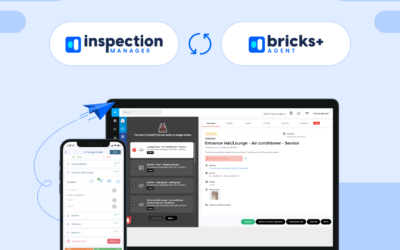Repairs and maintenance to rental propertys are one of the most common issues that cause legal disputes between landlords and tenants. As the mediator, property managers need to know and educate both tenants and landlords on whose responsibility it is to fix repairs and maintenance issues.
When it comes to understanding the general rules for repairs to rental propertys, the Residential Tenancy Act is your best source. According to the RTA, there are three main types of damage: urgent repairs, non-urgent repairs and maintenance. The process for dealing with each also differs which we’ll cover below:
Urgent repairs to rental property
Although there may be differences between states and territories, generally, urgent repairs include: burst water pipes, blocked or broken toilets, serious roof leaks, gas leaks, damage from storms or fires and serious issues with the elevator or staircase.
Tenancy laws across Australia require the landlord or property manager to deal with urgent repair requests within 24 to 48 hours. If they don’t receive a response, tenants are, in most cases, allowed to arrange urgent repairs – up to a certain value (this differs for each state, e.g. in NSW it is $1,000 and in Victoria, it is $1,800). Tenants have the right to receive compensation for any urgent repair expenses that they are not personally responsible for.
To avoid confusion and disputes, landlords should clearly outline the procedure for emergency repair situations in the lease agreement. Specifically, the agreement should cover the repairs that are deemed urgent, the course of action to be taken, and all after-hour contact numbers including those for tradespeople (if the tenant cannot get a response from you or the landlord).
Non-urgent repairs to rental property
In most cases, it is the landlord’s responsibility to take care of non-urgent repairs and routine maintenance that doesn’t compromise the tenant’s safety, such as leaky taps or broken door handles. Here are a few tips to note for specific types of non-urgent issues:
Mould in rental property
If the mould is caused by problems with the property, such as a roof leak, then it is the landlord’s responsibility to remove the mould and make any necessary repairs to prevent future outbreaks. In other cases, the tenant is liable for the mould growth, for example, by letting steam build up in the bathroom. Basically, it is the landlord’s obligation to arrange repairs and maintenance but the tenant’s obligation to keep the place in a reasonably clean condition.
Lightbulb replacements in rental property
Tenants are responsible for replacing lightbulbs, but there may be times when this requires specialist knowledge or equipment such as halogen globes. In these situations, the tenant should be contacting the property manager or landlord.
Drains and gutters in rental property
Generally, any drain or gutter blockage that is due to normal wear and tear, (for example from tree roots or dead leaves) is the property manager’s responsibility to address. If the tenant has done something to block the drain, then they must get it fixed themselves.
Smoke alarms in rental property
According to the Building Code of Australia, which applies to all states and territories, every property must contain at least one smoke alarm located between the bedrooms and an exit. Landlords are expected to supply and install smoke alarms and replace the batteries before each new tenancy.
Pools in rental property
Tenants are responsible for maintenance of the pool, such as clearing leaves and sometimes are also responsible for more regular maintenance depending on the terms in their lease agreement.
Property manager responsibilities
When it comes to rental repairs and maintenance, landlords trust you to have the knowledge and experience to keep things running smoothly. Here is a list of what a property manager is responsible for:
1. Prevent maintenance issues
As a property manager, you need to be aware of potential issues before they become an emergency. By doing regular maintenance to keep your properties in good condition, you can satisfy your current tenants, attract new tenants and avoid the expense of urgent or after-hour repairs. Examples of regular maintenance include gutter cleaning, rubbish removal, garden pruning, pest control and painting walls to prevent cracks and deterioration. You can stay on top of the maintenance by creating a maintenance schedule as part of your task calendar.
2. Obtain permission for major expenses
For repairs that cost over a certain amount (value differs between states), property managers need to provide the landlord with a quote and gain permission to proceed. There are exceptions, however, for urgent repairs – when the tenant does not get a response from the property manager or landlord, they can contact a tradesperson directly to avoid property damage and personal effects liability.
3. Supervising and communicating with landlords and tenants
It is also the property manager’s responsibility to oversee any repair or maintenance work, respond promptly to tenant queries, liaise with landlords and keep both parties informed about the repair process.
Property managers play a key part in the rental repair process. By making sure that all parties understand their rights and responsibilities, you can prevent rental disputes that end up in front of a tribunal.
Related Articles
FLK it Over
Sync with FLK it Over
Inspection Manager offers integration with FLK it Over. Create, send and sign multiple documents in one platform.
We help small business and real estate teams handle high workloads, streamline agreements, and ensure no more missing or incomplete documents.
Revolutionising Property Management: Inspection Manager Joins Proptech Labs
In an exciting development for property management professionals, Inspection Manager has become a part of Proptech Labs. Proptech Labs was launched in conjunction with the recent Bricks + Agent acquisition of Inspection Manager. Proptech Lab’s aim is to be the leading...
Streamlining Maintenance Requests: A Guide for Property Managers
As a property manager, one of your most important responsibilities is to keep your properties well-maintained. Whether it's fixing a leaky tap, replacing a broken appliance, or addressing a more significant issue, maintenance requests are an integral part of your job....
